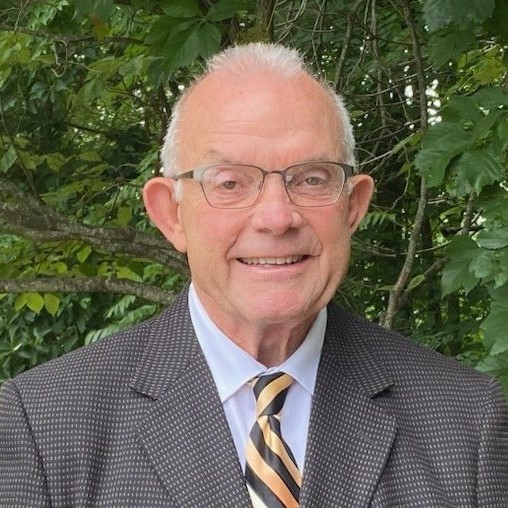AS A FATHER DOTH HIS CHILDREN
“As ye know how we exhorted and comforted and charged every one of you, as a father doth his children,” I Thessalonians 2:11
In this text, the apostle Paul reveals the concern and tenderness that he felt for the saints at Thessalonica. He dealt with them as a father would deal with his children. This is an aspect of ministry that too often is lacking. We respect the place of bold preaching and the proclamation of God’s truth. However, we dare not neglect the compassionate nurturing that is needed for new and developing Christians.
When a person is first saved, he is a spiritual baby, and needs tender and loving attention. In the context that surrounds our key verse, the following words are used: gentle, cherisheth, affectionately, and dear unto us. These words describe the kind of caring that new Christians need. This stands to remind us of our responsibility toward those God saves by His grace. Just as a father is responsible for the instruction and protection of a child, we are spiritually responsible for the well-being and guidance of new believers.
In Paul’s letter to the church at Thessalonica, he gave three aspects of his parental ministry to the new converts. He said he “exhorted and comforted and charged every one of you, as a father doth his children.” These words describe a personal involvement in the spiritual development of these Christians. The words imply personal input, encouragement, advising or counseling, and challenging others to spiritual advancement. For this to occur, an investment of time is required. Relationships must be developed. We need to consider two things that are implicit in this text.
The first is for more mature Christians. Are we willing to commit time to the important matter of discipling and nurturing new or immature Christians? Are we willing to get involved in their lives? This is everyone’s responsibility. The challenge is real, and the investment will be rewarded. To see growing Christians reach maturity and become spiritually strong brings great fulfillment.
The second question is for the young Christian. Are you willing to allow yourself to be trained and taught by a spiritual parent? Parents are responsible to instruct and correct their children. The same is true in the spiritual realm. To develop spiritually, we need input, guidance, mentoring, and even reproof of caring leaders, “as a father doth his children.”


